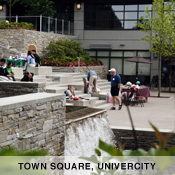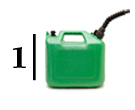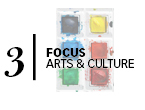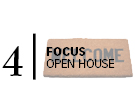Fuel for change:
Rethinking the environment
We live and work in one of the world’s most stunning urban landscapes. But beauty hasn’t blinded us to bitter fact: our environment is under siege. At Simon Fraser University, we know it will take the power of bright minds and bold action to light the path to a sustainable future.
Pine beetles to the north, hurricanes to the south: what can be done to help the world adapt to the realities of climate change?
That’s the challenge facing SFU’s new cross-disciplinary Adaptation to Climate Change Team (ACT). In 2007, insurance giant Zurich Canada helped fund ACT in order to learn how to cope with the ongoing challenges of extreme weather events caused by climate change.
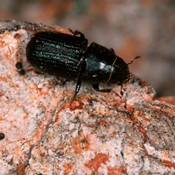
- Related Links:
- ACT website
- Zurich Canada supports SFU climate change initiative
With the rapid thawing of the Northwest Passage, is Canadian territory at risk?
The new Simons Visiting Chair in International Law and Human Security, former UN Under-Secretary-General for Disarmament Jayantha Dhanapala, recently brought together scientists, government officials and indigenous peoples to examine the effect of global warming on Arctic security and help establish an international authority for Arctic governance in the 21st century.
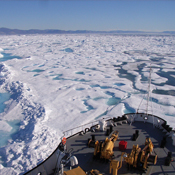
Our researchers have the ear of governments.
Resource and environmental management professor Mark Jaccard was honoured as BC's 2008 Academic of the Year by the Confederation of University Faculty Associations for his “tireless work” in persuading governments about the need to enact effective climate change policies. Recognized as Canada’s leading expert on environmental policy, Jaccard is a member of the National Roundtable on the Environment and the Economy and was recently appointed as a special advisor to BC’s Climate Action Team.
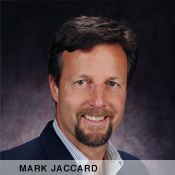
SFU Business professor Boyd Cohen developed a software program detailing the environmental impact of the Live Earth concerts held in eight cities around the world in 2007. The organizers say Cohen’s work could play a role in helping to implement improved sustainability models for future events and serve as a template for other global events such as the Olympics.
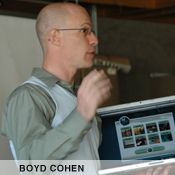
Kinesiologist Max Donelan received international media attention for his energy-harvesting knee brace that will revolutionize the way we charge portable battery-powered devices and reduce the number of disposable batteries dropped into the environment. The Canadian military is particularly interested in how his research can benefit soldiers in the field.
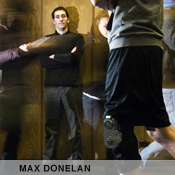
SFU will play a key role in the BC government’s new $94.5-million Pacific Institute for Climate Solutions. Dozens of researchers from such diverse disciplines as health science, geography, biology, and resource management will join colleagues from UBC, UVic and UNBC to research various aspects of—and solutions to—climate change.
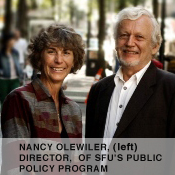
SFU students and faculty from the School of Interactive Arts & Technology are working with peers from other North American universities to co-design a high-tech, solar-powered house that will be displayed in Washington, DC, as part of the US Department of Energy’s 2009 Solar Decathalon.

SFU’s Urban Studies program welcomed James Howard Kunstler as the first Visiting Fellow in Urban Sustainable Development. The celebrated and controversial author of The Long Emergency and The Geography of Nowhere met with Metro Vancouver and TransLink planners, spoke at well-attended public lectures at the Wosk Centre and at SFU Surrey, and co-taught an urban studies graduate seminar.
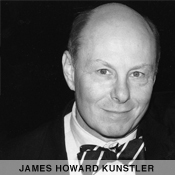
- Related Links:
- SFU Urban Studies
We practice what we preach.
In 2007, SFU’s Board of Governors approved a sustainability policy for the university. It includes a mandate to: continue minimizing consumption of non-renewable energy; minimize water contamination; reduce the quantity of solid, organic and hazardous wastes; enhance the ecological integrity of the grounds; and employ sustainable building design and construction principles wherever possible.
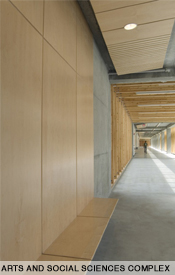
Also in 2007, SFU became the first North American post-secondary institution to achieve Go Green certification from the Building Owners and Managers Association of Canada, and Natural Resources Canada recognized SFU’s significant energy conservation efforts with an Energy Conservation in Existing Buildings Award.
- Related Links:
- SFU Sustainability
- SFU sustainability becomes policy
Meanwhile, our new Burnaby Mountain neighborhood, UniverCity, received the latest in a series of “green” honours including: the American Planning Association's National Planning Excellence Award for Innovation in Green Community Planning; the Urban Development Institute’s Innovations in Creating a More Liveable and Sustainable Region Award; and the City of Burnaby's Environment Award for Planning and Development.
